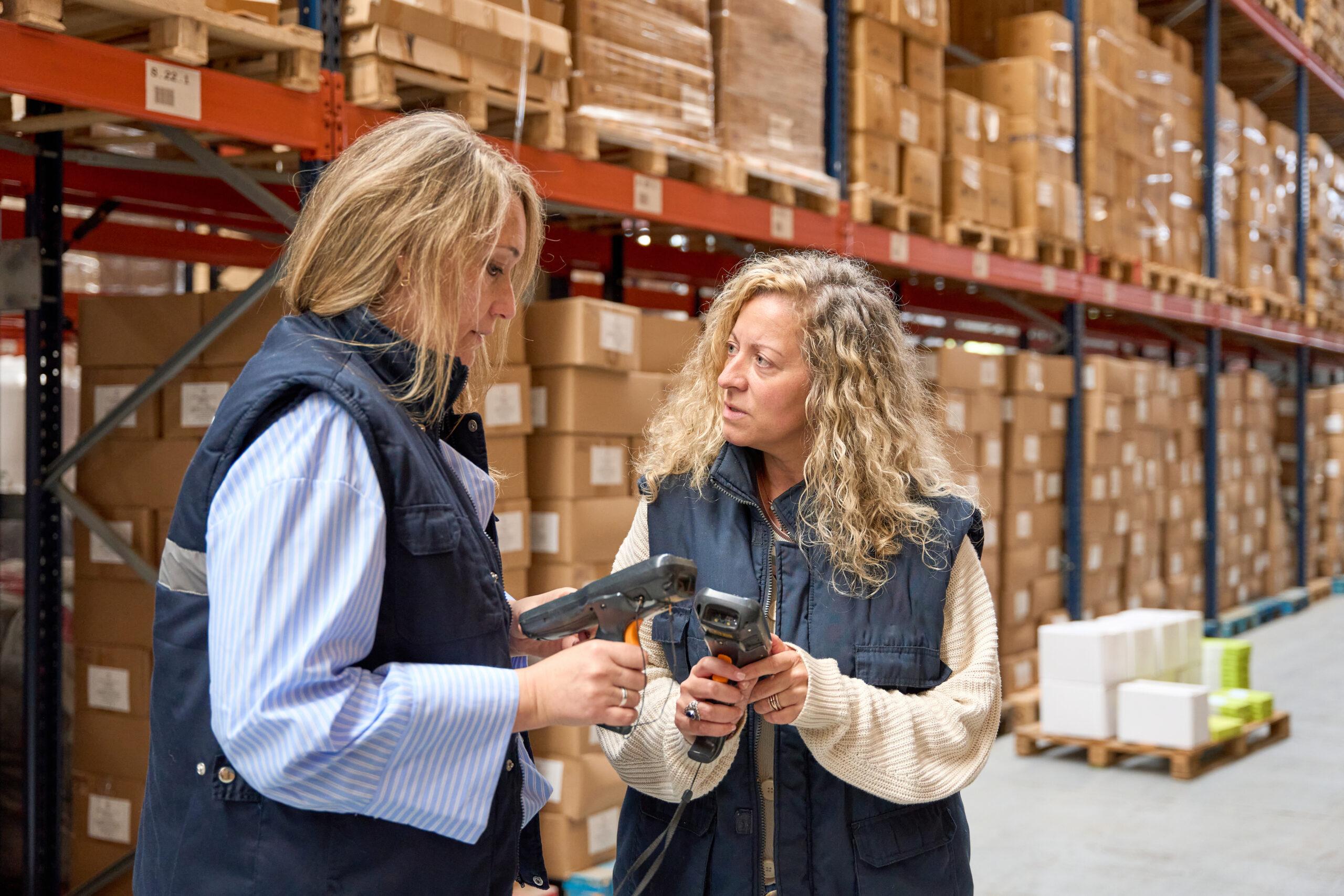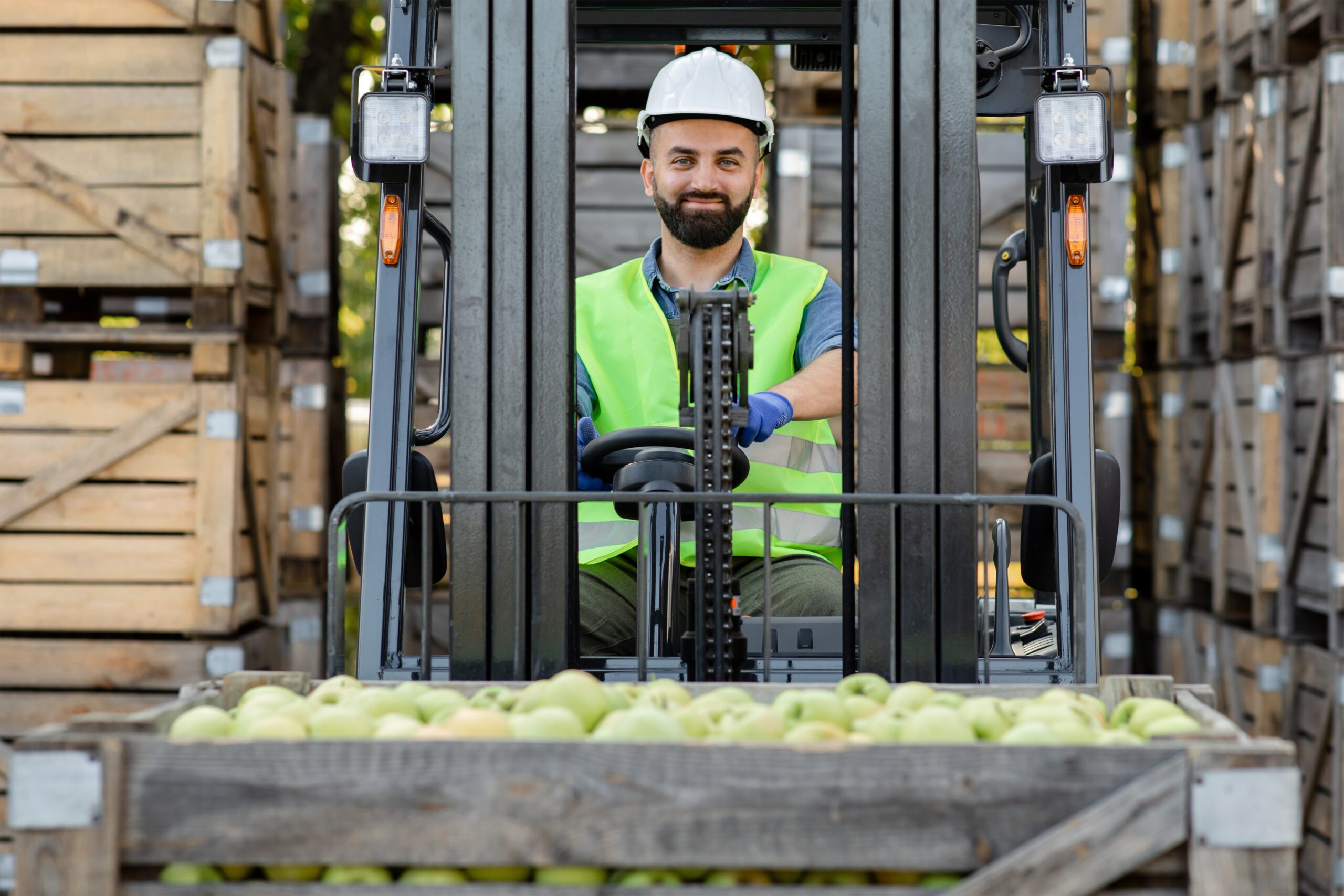The global food industry plays a pivotal role in feeding billions, but its environmental footprint is undeniable. From excessive land use to water scarcity, the industry is under growing scrutiny to adopt sustainable practices. Consumers are increasingly choosing brands that align with their environmental values, creating a pressing need for food manufacturers, distributors, and logistics providers to rethink their processes. At Namso Foods, we’ve made sustainability an integral part of our operations to ensure a greener, more responsible future for the food and beverage sector.
The Environmental Challenges of Food Production
The environmental toll of food production extends across multiple dimensions:
- Land Use and Deforestation
Food production is the largest driver of deforestation, as land is cleared to grow crops or raise livestock. This not only results in the loss of biodiversity but also contributes significantly to carbon emissions. - Water and Energy Consumption
Agriculture accounts for 70% of global freshwater usage. Combined with energy-intensive production methods, this creates a strain on natural resources. - Food Waste
The food industry generates massive waste throughout its supply chain. From spoilage during transport to unsold inventory, this waste exacerbates environmental harm by producing methane emissions in landfills. - Packaging Waste
The reliance on single-use plastics for food packaging contributes to ocean pollution and long-term environmental damage.
Sustainable Practices in Manufacturing
Adopting sustainability begins with rethinking how food is produced and processed:
- Ethical Sourcing
Namso Foods ensures that raw materials are sourced from responsible suppliers who follow eco-friendly practices. This includes supporting local farmers and minimizing the carbon footprint associated with transportation. - Reducing Waste
By optimizing production lines and leveraging data-driven insights, we minimize waste at every stage of manufacturing. This includes repurposing by-products into new products or safe disposal methods that reduce landfill use. - Water and Energy Conservation
Namso Foods invests in energy-efficient machinery and recycles water used during production. These measures significantly lower our environmental footprint without compromising product quality.
Innovations in Eco-Friendly Packaging
Packaging is often overlooked in sustainability discussions but has a profound environmental impact. At Namso Foods, we’re adopting innovative solutions to address this issue:
- Biodegradable Packaging
Our shift toward biodegradable materials ensures that packaging decomposes naturally, reducing pollution. - Minimalist Packaging Design
We use materials sparingly without compromising product safety, reducing overall waste. - Recyclable Materials
All our packaging solutions are recyclable, encouraging consumers to participate in eco-friendly disposal.
Namso Foods’ Sustainability Commitment
Sustainability isn’t just a buzzword at Namso Foods—it’s a core principle that drives our operations. Here’s how we’re making a difference:
- Sourcing Responsibly
We partner with local suppliers to reduce transportation emissions while supporting community growth. - Energy-Efficient Logistics
Our logistics processes prioritize optimized routes and fuel-efficient vehicles to reduce carbon emissions. - Customer Education
We actively engage with customers to promote sustainable consumption and recycling practices. - Transparent Reporting
Namso Foods shares regular sustainability updates, showcasing our progress and inviting stakeholders to hold us accountable.
Future of Sustainability in the Food Industry
The journey toward sustainability is ongoing, with new trends and technologies emerging:
- Adoption of Renewable Energy
Solar and wind energy will power more food manufacturing plants, further reducing dependency on fossil fuels. - Smart Agriculture
Precision farming, powered by AI and IoT, will optimize water use and increase crop yields with minimal environmental damage. - Circular Economy Models
The food industry will embrace a circular economy where waste is repurposed into valuable resources, creating a closed-loop system. - Consumer Collaboration
Brands will engage consumers more actively, incentivizing eco-friendly behaviors such as using reusable containers or buying sustainably sourced products.
Conclusion
Sustainability in the food industry is no longer optional—it’s a necessity. At Namso Foods, we’re committed to not just meeting but exceeding sustainability standards. Through ethical sourcing, waste reduction, innovative packaging, and transparent operations, we aim to set an example for others in the industry. By choosing Namso Foods, you’re not just opting for quality and efficiency—you’re also contributing to a greener, more sustainable planet.
Let’s make sustainable food production the new normal. Together, we can create a future where great food and environmental responsibility go hand in hand.



